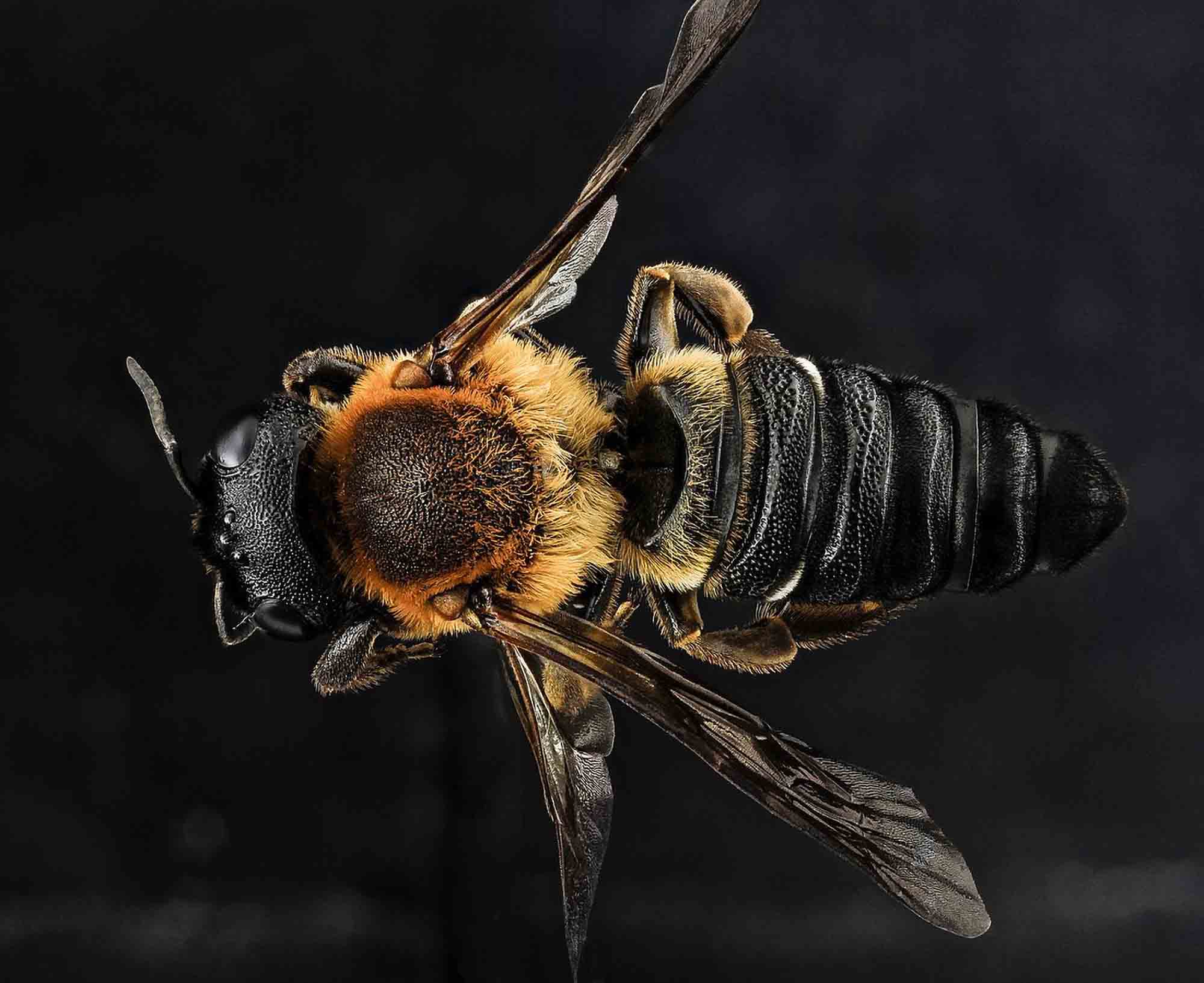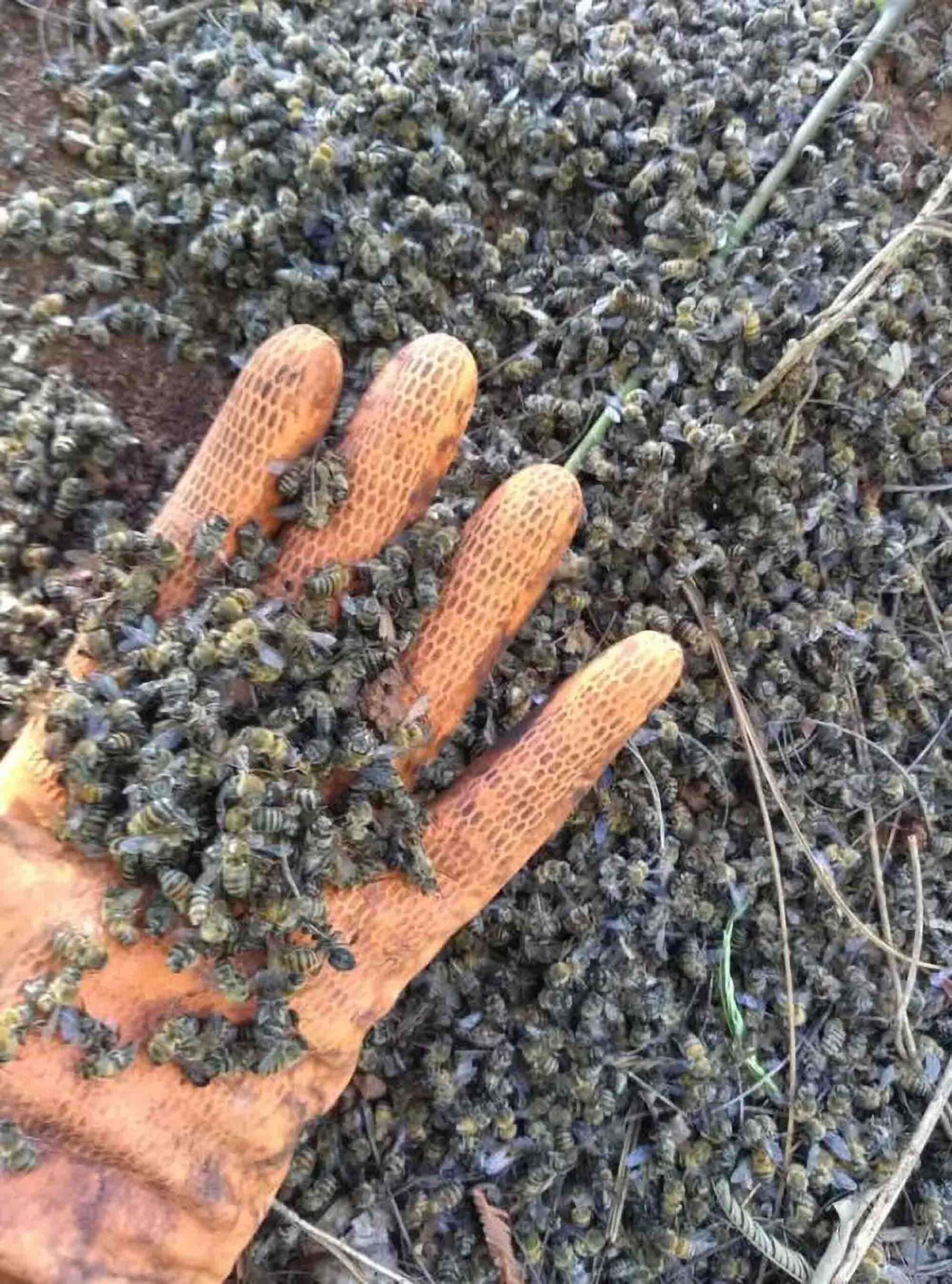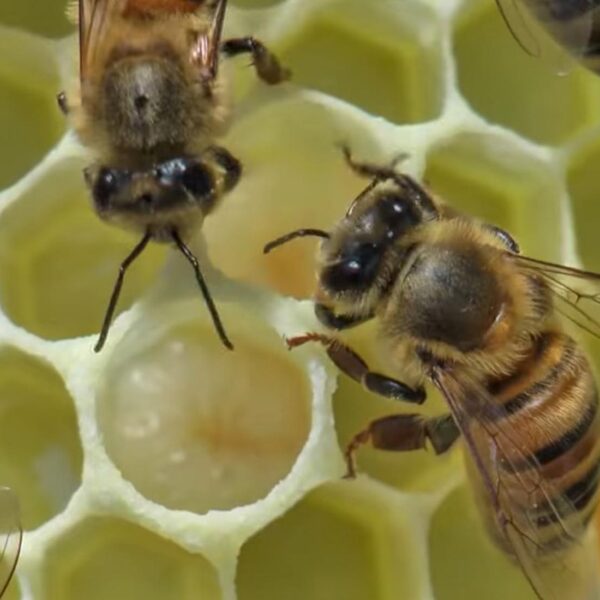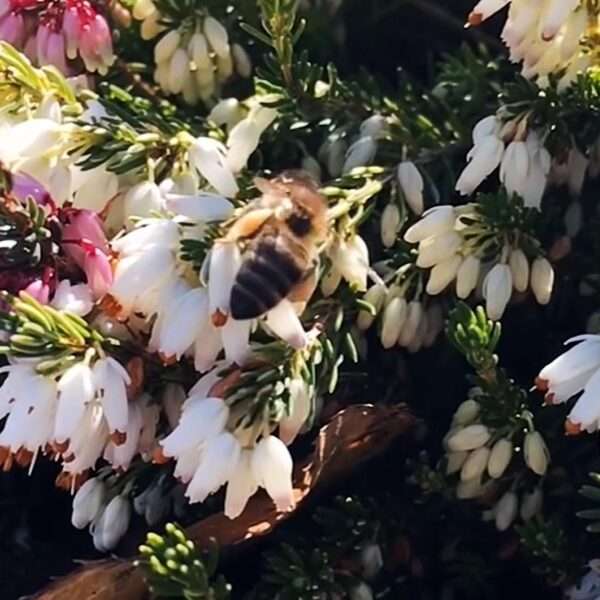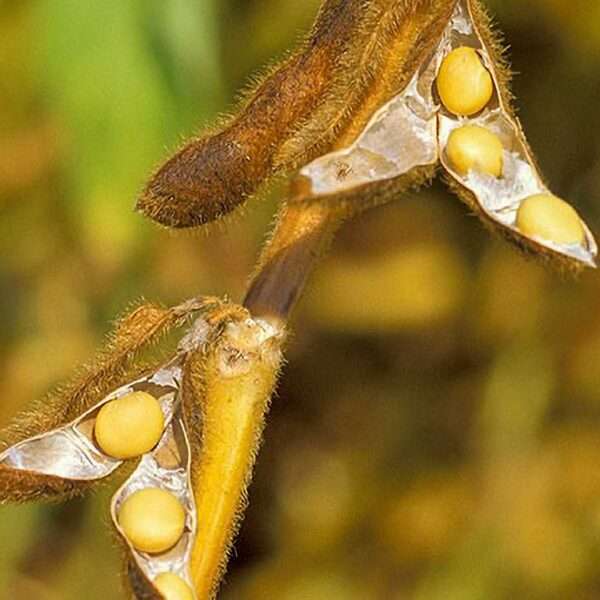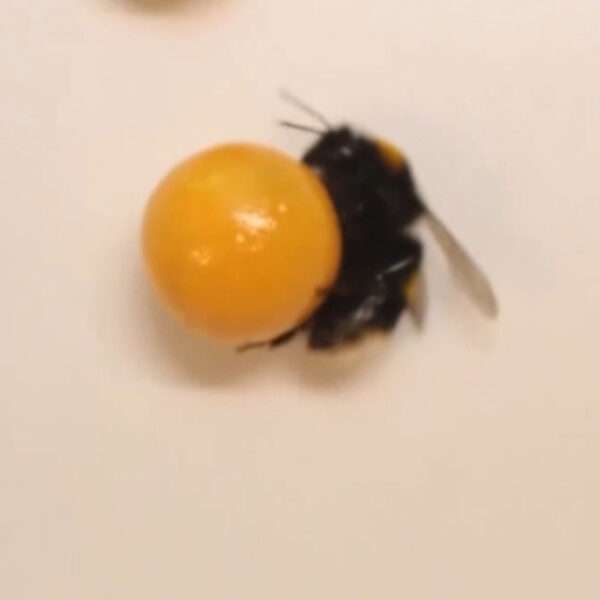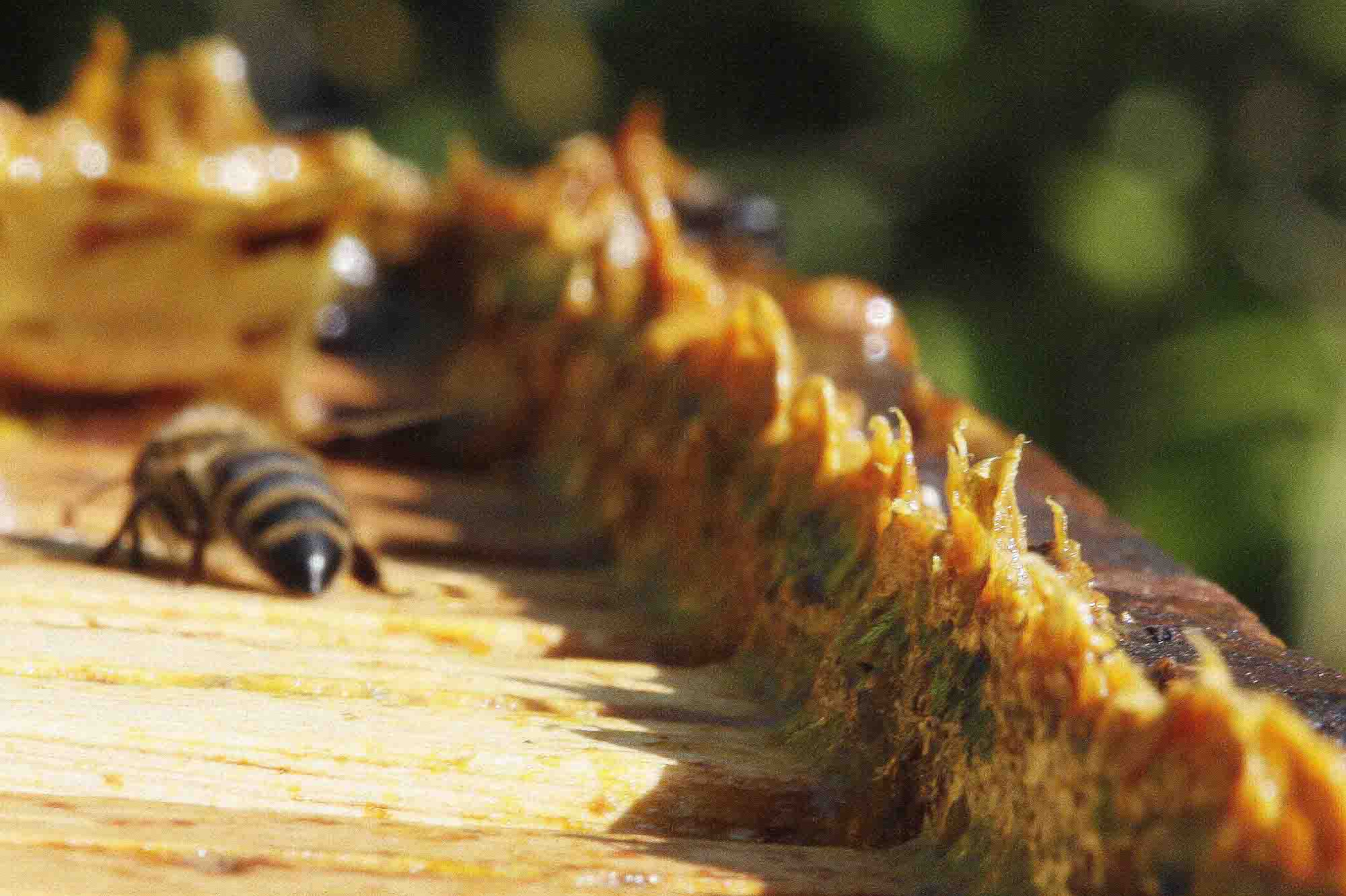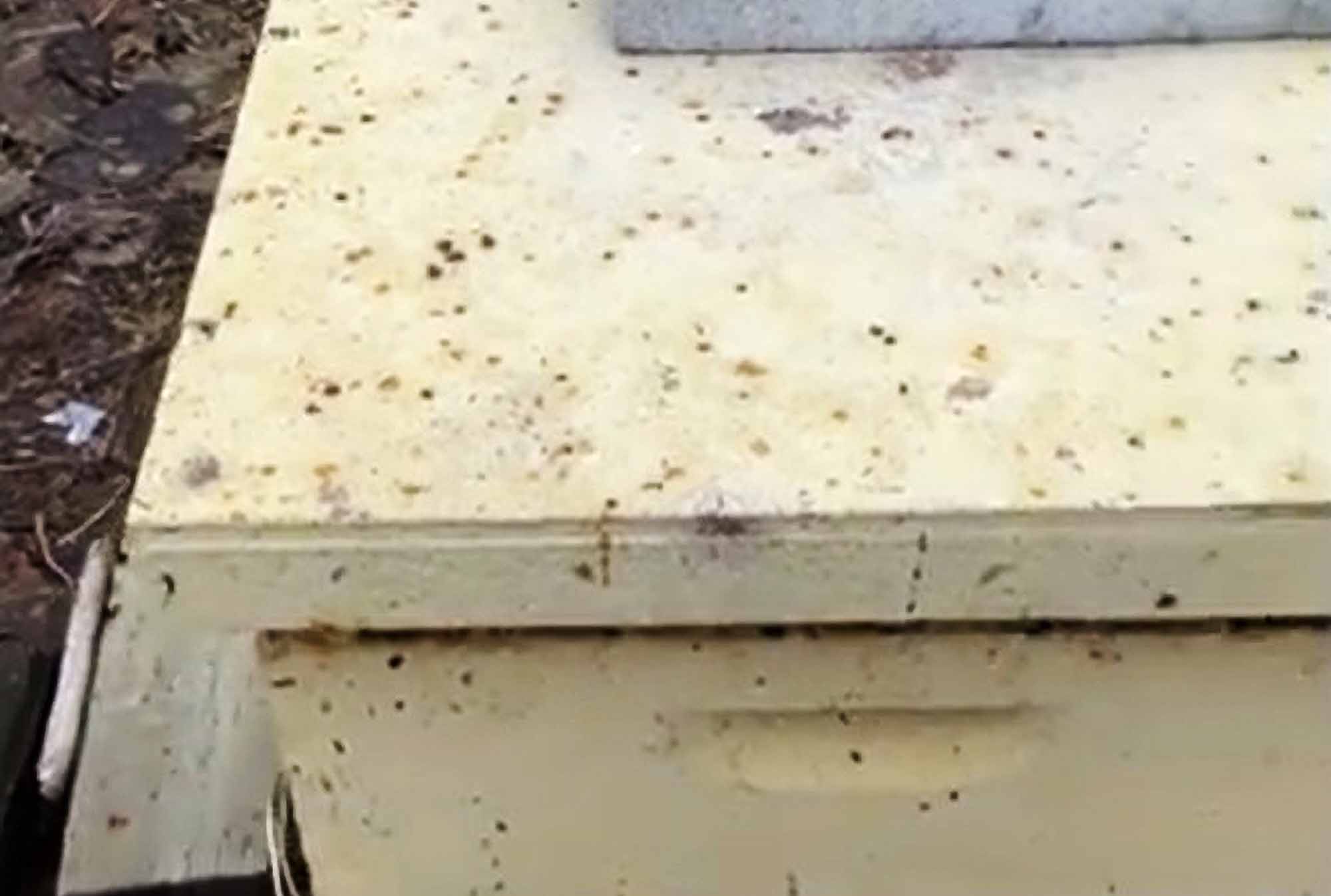Scientists have encouraged the residents of the whole country to search for non-native insect species as part of an innovative citizen participation programme.
BeeRadar is the latest project masterminded by Citizen Science Network Austria, an association consisting of scientific and educational institutions.
Its objective is to find out more about the giant resin bee (Megachile sculpturalis), a species originating from the Far East.
Anyone spotting the insect can submit their observations via report@beeradar.info or the BeeRadar Instagram account.
The giant resin bee has spread quickly across Europe after having been discovered in France more than 10 years ago. It is the first and only invasive wild bee species in Europe to date.
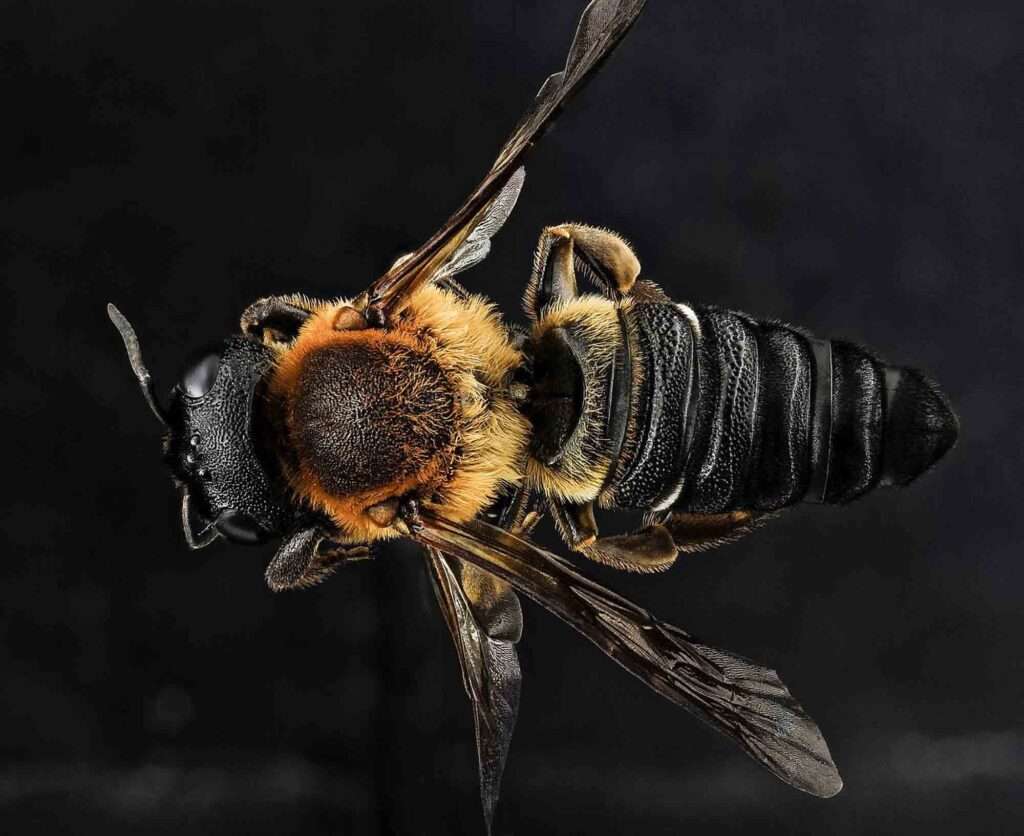
According to the BeeRadar experts, the appearance of the giant resin bee is “highly significant.”
They say: “You can easily differentiate them from domestic species. Giant resin bees are attending so-called bee hotels on a regular basis.”
This term describes wooden nesting spots installed across Austria and in other countries by environmentalists but also individuals and supportive business owners.
At these constructions, the manifold solitary bee species find opportunities to build their nests.
The Austrian bee-spotting project wants to determine which regions giant resin bees are currently inhabiting. An international network of scientists aims at finding out more about the ecological effects of the insect’s appearance.
Solitary bees such as mason bees and leafcutter bees are often referred to as wild bees. The giant resin bee – which is native to Japan and China – belongs to the latter group.
Wild bees do not produce honey or beeswax. However, they are of great importance when it comes to guaranteeing healthy ecosystems as they act as pollinators of flowers and plants.

